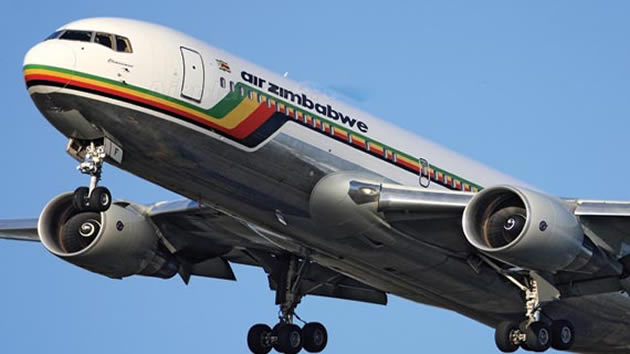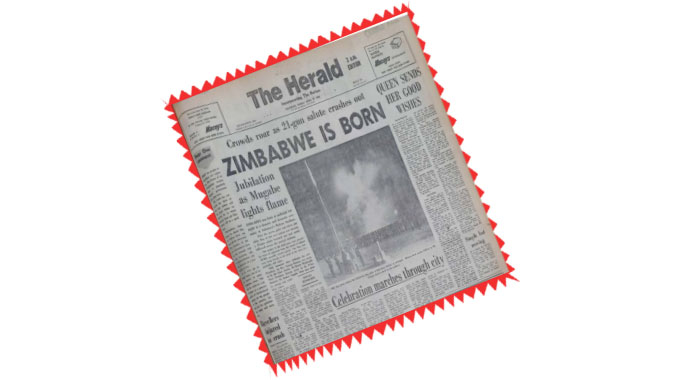Shock over food standards
Paidamoyo Chipunza Senior Health Reporter
Most foods and drinking products available on the market in Zimbabwe are sub-standard, contaminated, have false nutritional values and wrong labelling, Government Analyst Laboratory (GAL) has revealed. Briefing the Health and Child Care Minister and his team during a familiarisation tour of the laboratory in Harare on Thursday, GAL director Mr Munyaradzi Musiyambiri said their routine investigations revealed that products such as cereals, baby foods and syrups, peanut butter, cooking oil and juices were among some of the products whose quality failed to meet satisfactory standards.
He said there were also some products from South Africa such as makanyanise composed of different meat products whose mixture could not be verified.
“Our investigations failed to conclude what kind of meats were mixed in makanyanise and these products are sold mainly down town,” said Mr Musiyambiri.
He said other products such as juices were found to have too much toxins that could cause cancers while sometimes local opaque beer was found to be contaminated with foreign particles such as sanitary wear, snakes and under garments among others.
“With opaque beer, our investigations showed that when people finish the beer, they use the container for various purposes but when they return it, the cleaning seems not to be good enough to remove all the contamination,” he said.
“This explains why we find even dead snakes, sanitary wear and under garments in some of the opaque beer.”
Mr Musiyambiri said some products also had fake nutritional claims labelled on containers.
A local cooking oil whose label showed that it contained Vitamin A supplement yet when tested, Mr Masiyambiri said, it had no such nutritional value.
Another imported baby cereal had a labelling which claimed that if taken, it assists babies to chew and talk quickly- claims Mr Masiyambiri dismissed as unscientifically proven.
He said other drinks such as the popular Dragon energy drink where finding their way into the country without being regulated, yet by nature of their composition, they were supposed to be approved for sale to the public.
“As you can see, this cuts across all products both manufactured locally and imported products. What we have on the market is not what is good for public health,” he said.
With regards to drinking water, Mr Masiyambiri said Harare municipal water had so far met required standards,but most boreholes were found to be contaminated.
“Those who use boreholes as a source of drinking water need to continue treating it at the point of use as we have found majority of them to be contaminated,” he said.
Mr Masiyambiri said despite all this work they were doing to ensure manufacturers abide by the required standards; they were operating on a shoe string budget.
“We are wholly funded by Government and so far we have received only $13 000 yet our actual requirement is around $200 000 a year,” he said.
Mr Masiyambiri said his organisation also did post mortems on suspicious deaths but major investigations stopped in 2004 when their machinery broke down.
This has resulted in a backlog of nearly 1 500 cases whose cause of deaths has not been ascertained since 2004 to date.
Speaking after the tour, Dr Parirenyatwa said Government in conjunction with GAL, would look into existing regulations on food and drinking products and enforcement of the same regulations to protect Zimbabwean citizens.
He said GAL was doing a very good role of monitoring quality of products on the market and therefore requires capacitating for it to be able to perform its function well.
“This is a very important outfit for the Ministry that it needs to be re-equipped” he said.






Comments